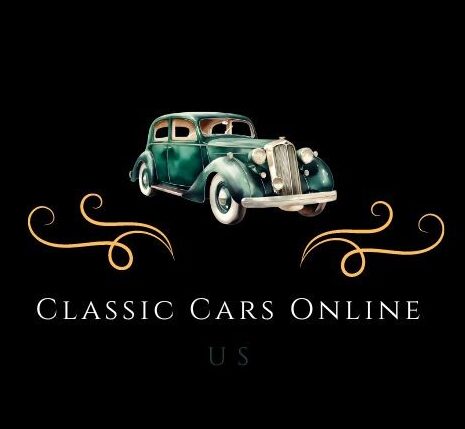
Introduction
Understanding the factors that determine the value of antique car models is crucial for collectors and enthusiasts. Antique cars hold a certain allure and intrigue, representing a piece of history and craftsmanship. In this article, we will explore the key factors that contribute to the value of antique car models.
Rarity and Desirability
Rarity plays a significant role in determining the value of antique car models. Limited production numbers or unique features make certain models highly sought after among collectors. The scarcity of a particular car increases its desirability and often correlates with a higher market value. For example, a vintage car with a limited production run or a rare option package can command a higher price due to its exclusivity.
Condition and Originality
The condition and originality of an antique car are crucial factors in determining its value. Well-preserved, unrestored models are often more valuable than extensively modified or repaired ones.Factors such as mileage, overall quality, and maintenance history can significantly impact a car’s value. Collectors value original components and parts, as they add to the authenticity and historical significance of the vehicle.
For instance, a vintage car that has been meticulously maintained, with low mileage and minimal wear, will generally command a higher price than a similar model in poor condition or one that has undergone extensive restoration.
Historical Significance and Provenance
The historical significance and provenance of an antique car can greatly affect its value. Cars associated with famous previous owners, notable events, or unique historical context often have increased desirability among collectors. Documentation and provenance, such as historical records, ownership history, or original factory documents, play a crucial role in establishing authenticity and increasing the value of the car.
For example, a classic car that belonged to a well-known public figure or was used in a significant historical event may have a higher market value due to its unique historical connection.
Popularity and Demand
The popularity and demand among collectors have a direct impact on the value of antique car models. Certain makes and models have a strong following and are highly valued within the collector car market. Brands like Rolls Royce, Ferrari, Ford, and Chevrolet, known for their iconic status and craftsmanship, tend to command higher prices.
Market trends and fluctuations also influence the value of antique cars. Changes in buyer preferences, collector trends, or economic conditions can impact prices. It’s important for buyers and sellers to stay informed about market trends to make informed decisions.
Market Trends and Fluctuations
Market trends and fluctuations play a significant role in determining the value of antique car models. Economic conditions, changes in buyer preferences, and shifts in the collector car market can impact prices. For example, a surge in popularity for a particular style or era of antique cars may drive up their value, while a decline in demand can lead to a decrease in prices.
Staying informed about market trends through research, attending auctions, and consulting with experts can help collectors and enthusiasts make informed decisions regarding buying or selling antique car models.
Restoration and Maintenance History
The restoration and maintenance history of an antique car can greatly influence its value. The quality of the restoration work, attention to detail, and use of original parts are essential factors that collectors consider. High-quality restoration work can significantly increase the value of a car, while a poor restoration or improper repairs can decrease its worth.
Detailed maintenance records, including regular servicing and repairs, can also positively impact a car’s value. Buyers value a well-documented maintenance history, as it provides reassurance about the car’s condition and care.
Documentation and Authenticity
Documentation and authenticity are crucial in determining the value of antique car models. Proper documentation, such as ownership history, maintenance records, and verification of authenticity, increases the value of a car. Buyers are cautious about counterfeit or misrepresented cars and seek assurance that the car’s history and specifications are genuine.
When purchasing or selling an antique car, it is important to obtain and provide accurate documentation to establish the car’s authenticity and increase its value.
Brand Reputation and Prestige
Brand reputation and prestige contribute to the value of antique car models. Certain brands have earned a reputation for quality, craftsmanship, or iconic status, making their models highly valued among collectors. The association with a prestigious brand influences collector preferences and market value.
For example, a vintage car from a renowned luxury brand like Bentley or Aston Martin may command a higher price due to its brand reputation and the perceived exclusivity associated with owning such a car.
Accessories and Unique Features
Accessories and unique features can impact the value of antique car models. Rare or original accessories enhance the authenticity and desirability of a car. For instance, an antique car with original period-correct accessories, such as a unique emblem, grille, or interior features, may increase its value.
Similarly, unique features or customization options can also impact the value. Customizations that were available during the car’s production period, and are considered desirable by collectors, can add value to the car.
Conclusion
In conclusion, several factors determine the value of antique car models. Rarity, condition, historical significance, market demand, brand reputation, and authenticity all play a significant role. Collectors and enthusiasts should consider these factors when evaluating or investing in antique car models. By understanding these factors, individuals can make informed decisions and appreciate the value that these timeless automotive treasures hold.
